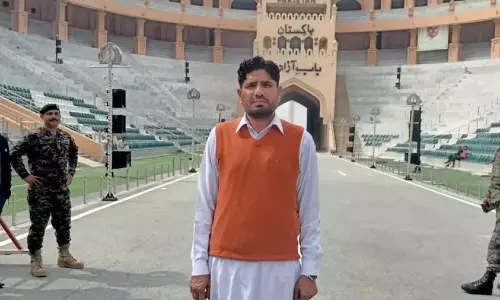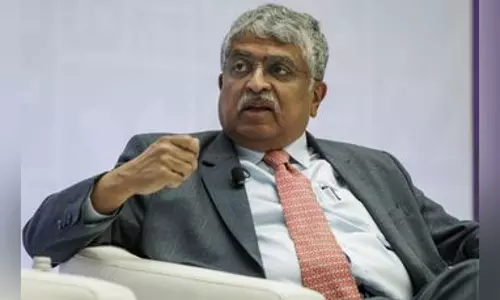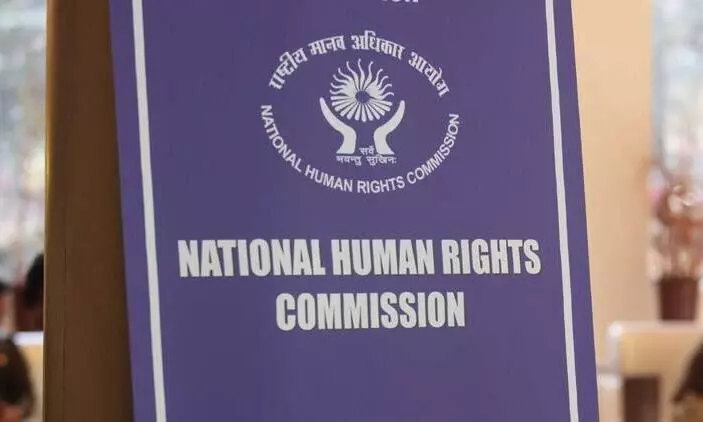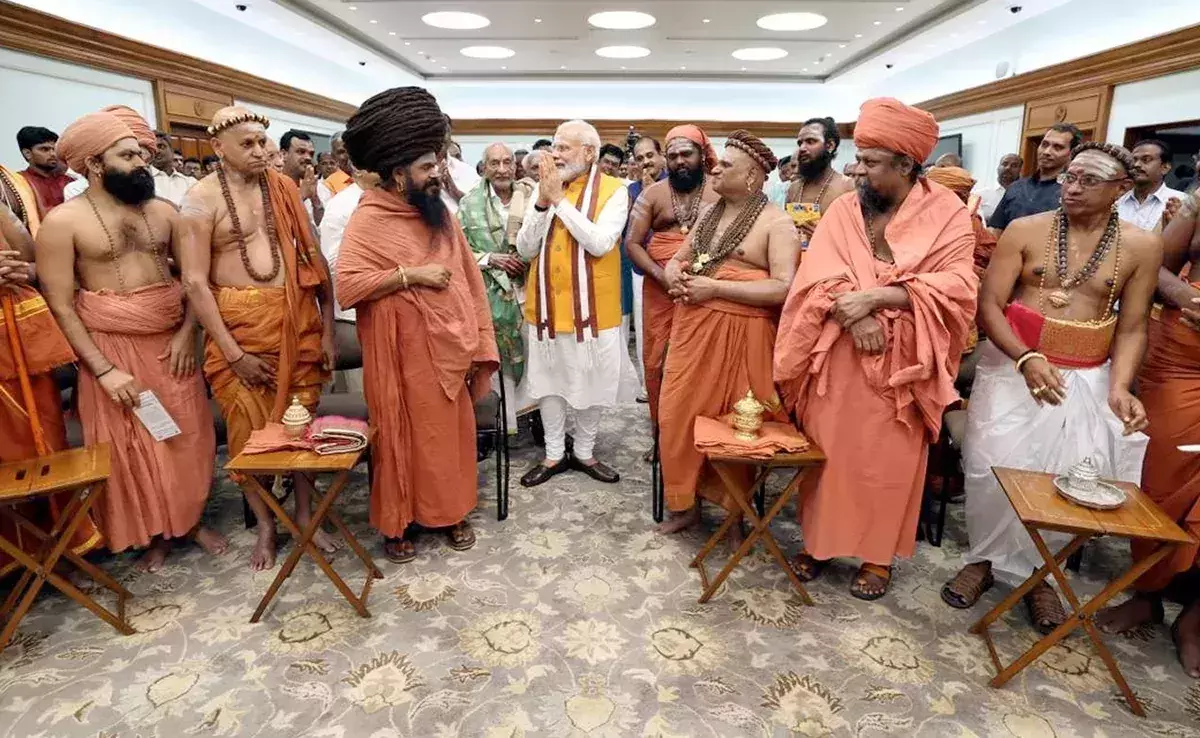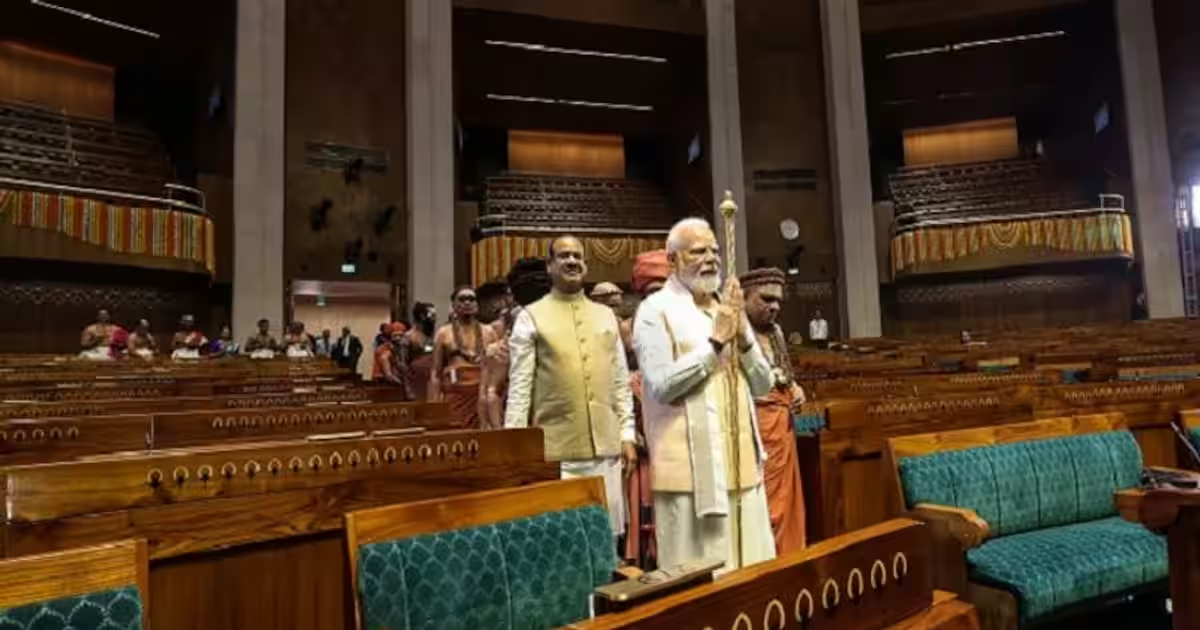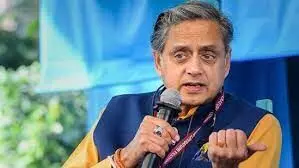
India lagging behind in human rights
text_fieldsThe fact that the Global Alliance of National Human Rights Institutions (GANHRI) deferred the renewal of 'A' status to the National Human Rights Commission (NHRC) of India is sort of a reminder. The UN-recognized global alliance evaluates human rights commissions and movements in various countries and grants accreditation. The alliance which represents more than 110 human rights groups from around the world conducts the assessment based on the UN-approved 'Paris Principles'. It was in 2016 that India, which had always secured an 'A' grade in the reviews conducted every five years, first slipped back. Even then, the renewal of 'A' status was postponed, with the suggestion that the drawbacks should be resolved within a year. The status was reinstated in 2017.
GANHRI has given a period of one year to address the identified pitfalls this time as well. Without the accreditation, the NHRC will lose its membership in the United Nations Human Rights Council and will not be able to represent India. Political interference in the functioning of NHRC has been cited as a major obstacle to the renewal of accreditation. Issues such as the interference of the Centre in appointing Commission members, the strained ties of the Commission with civil society and human rights organizations, the lack of diversity and pluralistic representation among commission members and the involvement of police when the Commission probes human rights violations, have been highlighted by GANHRI.
India has been continuously enjoying the 'A' status ever since the UN-approved accreditation system started in 1999. It is noteworthy that GANHRI had to withhold NHRC’s accreditation twice after Narendra Modi came to power. After the concerns raised by them in 2016, when the 'A' grade was reinstated, they urged for the concerns to be fully addressed. However, reports say that the accreditation has been deferred again due to the increasing number of complaints about the worsening human rights record of the country and also due to the issues raised by GANHRI in 2017 remaining unresolved. The government’s influence on the appointments continues in a way that undermines the Commission's freedom of functioning. Devendra Kumar Singh, an IAS officer, is the Secretary General of the Commission. Arun Kumar Mishra, who had courted controversy by praising Narendra Modi in public while he was the Supreme Court judge, is the chairperson of the Commission.
The apprehension that the commission cannot function freely under such appointees is not misplaced. The GANHRI also accuses the NHRC of India of not being able to work constructively with the public and human rights groups. It is a fact that the NHRC remains passive when the Centre makes attempts to strangulate various human rights organisations such as Amnesty International, the Centre for Policy Research (CPR) and Commonwealth Human Rights Initiative (CHRI). Human rights commissions are required to meet six main criteria as set out by the Paris Principles. They are mandate and competence; autonomy from government; independence guaranteed by a statute or Constitution; pluralism; adequate resources; and adequate powers of investigation.
Although there had been several shortcomings even earlier as far as India is concerned, in recent times they have been more evident. The present law, which gives the central government decisive power over appointments, should change. Governments are often accused of human rights violations, and in that case, it is certain that the national and state commissions appointed by the same government cannot function effectively or intervene in matters. Many human rights violations are often ignored by commissions. As per the existing practice the Commission steps in only if human rights violations attract public attention through the media.
State apparatuses, including the police and the military, are rarely punished for wrongdoing. The indifference of human rights commissions has played a no small role in the proliferation of encounter killings, bulldozer raj and mob lynchings. Human rights commissions, like governments, are largely passive about ethnic, communal and caste-based violence. It is immaterial whether a commission exists or not, if it acts only when human rights abuses are widely reported or when complaints and protests are raised. The point to note is that the deferment of India's accreditation by the UN-approved human rights organisation should be seen as an opportunity to correct the shortcomings.






